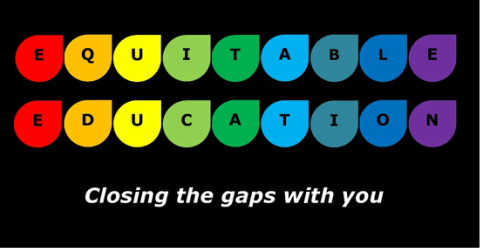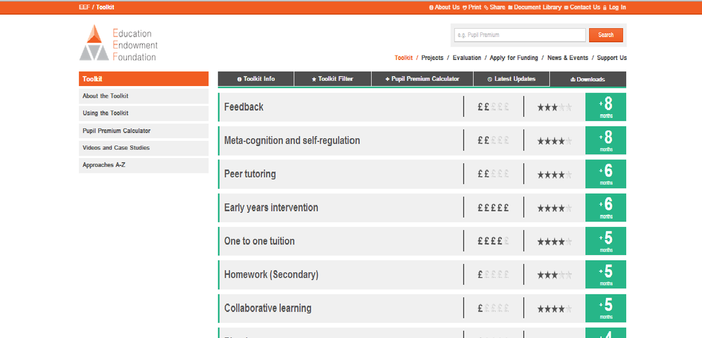Durham University is already working on a Shared Maths peer tutoring programme across four Local Authorities (LA). The Shared Maths project is being funded by Education Endowment Foundation (EEF) and it is a cross–aged peer tutoring programme involving Year 5’s working as tutors and Year 3’s as tutees. Pupils work together for 20 minutes a week, over a period of 16 weeks to solve mathematical problems. Together, they use a variety of strategies based on real life situations to gain a deep understanding of the mathematical problem and reach an answer to this problem. Altogether, there are nearly 100 schools across the four LA’s involved in the Shared Maths project which commenced in 2012 and will continue to be delivered over the next few years. Each LA has a local co-ordinator who works with schools in their area to provide initial CPD and follow up training to teachers taking part, along with on-going tailored support to schools throughout the duration of their involvement. InCAS, which is a diagnostic, computer-adaptive assessment tool, is being used to provide an objective measure of attainment and inform personalised learning of pupils involved in the project. Bristol University is providing an external evaluation of the Shared Maths Project.
The benefits of the cross–aged peer tutoring work are cited as the following:
· “Cross-age peer tutoring in maths has consistently been found to raise attainment with gains for both tutors and tutees.
· On top of the attainment gains there are social and emotional benefits to being involved in peer tutoring:
· Participating in a peer tutoring programme can improve attitudes both to maths and to school generally.
· Peer tutoring can increase motivation and confidence in maths.
· Working with a partner using the peer tutoring technique develops pupils’ interpersonal skills as well as improving social, communication and teamwork skills.
· Peer tutoring can increase social relationships within schools particularly for people who find it difficult to make friends”.
Source Durham University www.sharedmaths.org website.
Recognising the above benefits of peer tutoring, we are hoping to extend the Shared Maths Project by piloting a small scale project with 6 primary schools to deliver peer-tutoring with a focus on improving reading for 10 weeks and then extending the same techniques to parents, so that target pupils continue to read within the home environment. This should allow for the development of a holistic approach to reading within the family context, with opportunities for families to read reciprocally, using other languages if these are spoken within the home environment.
The evidence base for peer learning is extensive, with Professor Keith Topping being a leading expert in the field. Professor Topping who is the Director of the Centre for Peer Learning at Dundee University and who was a lead member of the Fife Peer Learning Project, is working with Dr Andy Wiggins, and other colleagues from CEM and I on this project.
Stuart and colleagues are particularly interested in receiving feedback and hearing from colleagues in schools who have used The DIY Evaluation Guide. Stuart can be contacted on [email protected]k
The Sutton Trust-Education Endowment Foundation Teaching and Learning Toolkit. London: Education Endowment Foundation by Higgins, S., Katsipataki, M., Kokotsaki, D., Coleman, R., Major, L.E., & Coe, R. (2013).
In the meantime, interested colleagues may wish to visit the newly refreshed EEF Toolkit pages. The Toolkit is a live resource which will be updated on a regular basis as findings from EEF-funded projects and other high-quality research become available. The sceenshot above only shows the top seven strategies. When you visit the EEF website you will see 30 topics outlined, including 8 new topics which are summarised for average impact on attainment, along with strength of the evidence and their cost. Each one of the topics also has a video case studies and improved links to further reading and providers of professional development via The Teacher Development Trust's GoodCPDGuide.


 RSS Feed
RSS Feed
